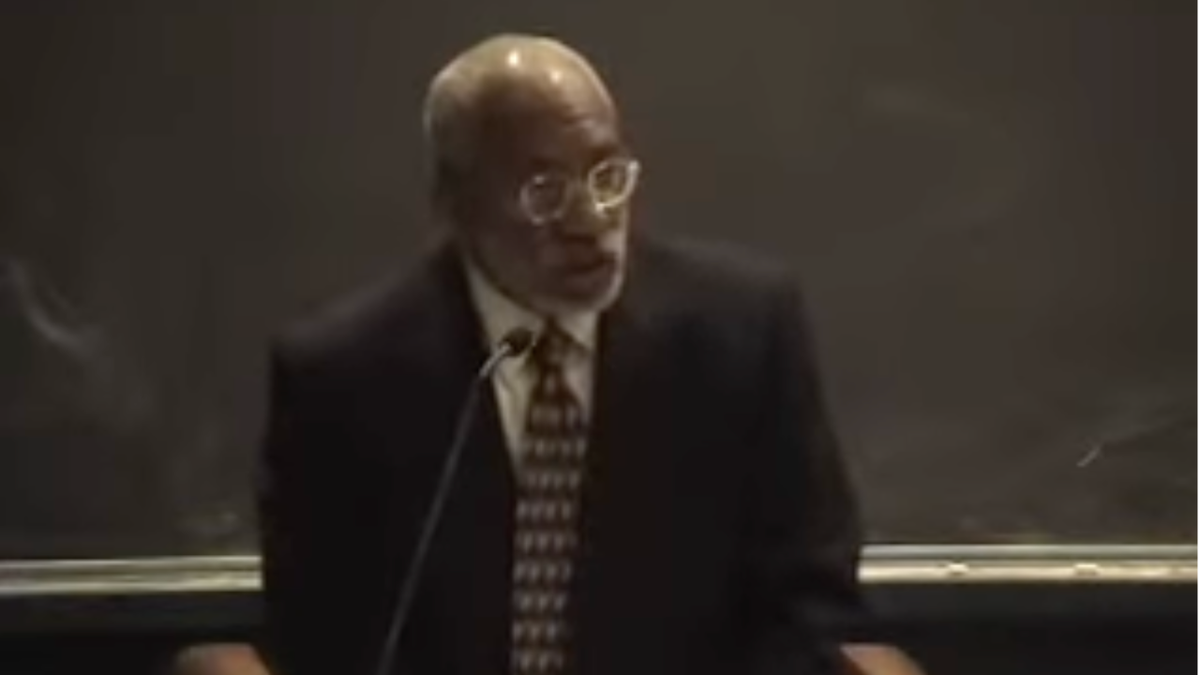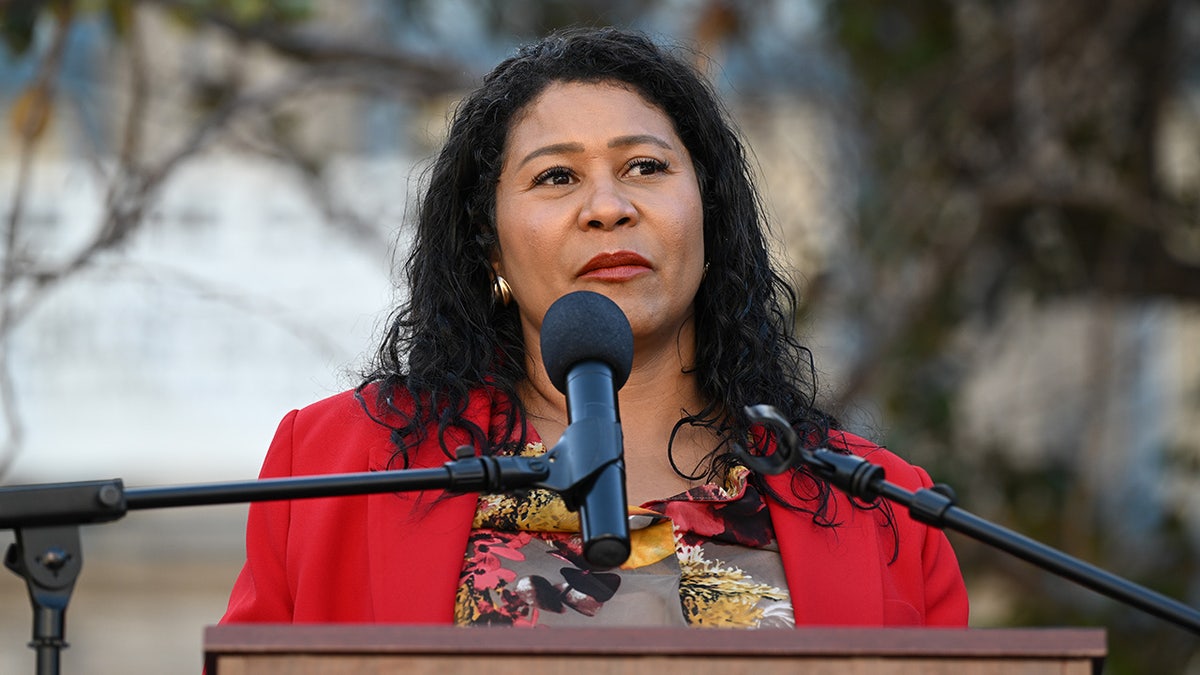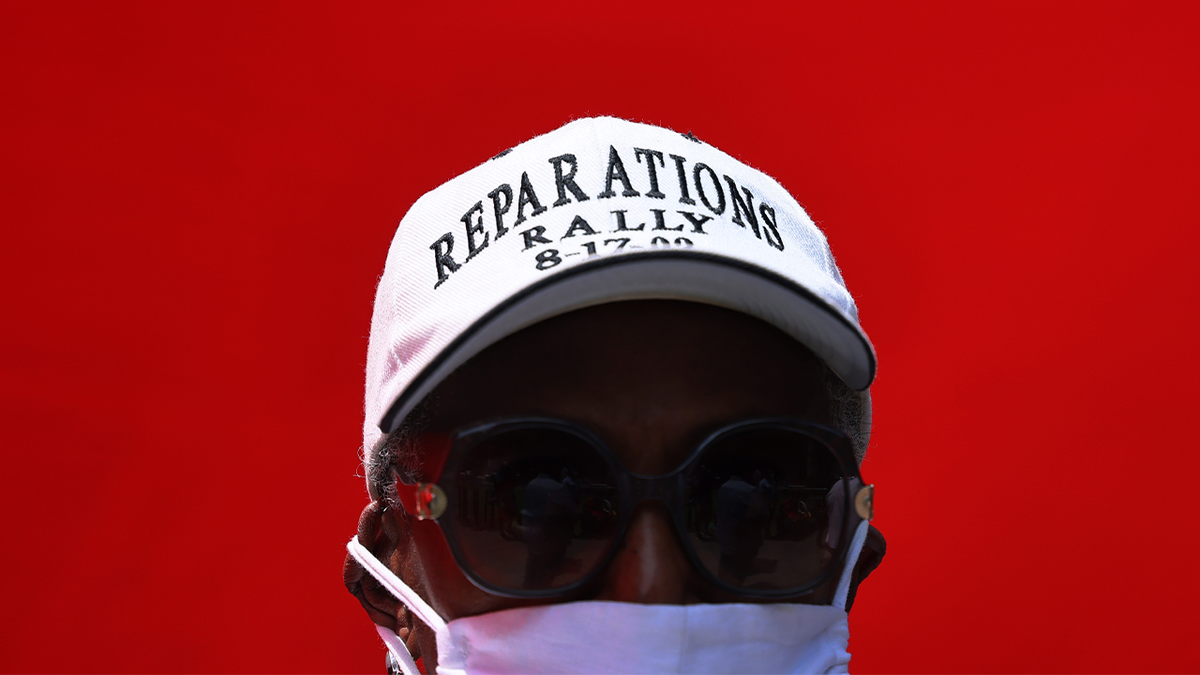A reparations expert says that San Francisco’s apology to Black residents won’t mean anything if it is not backed with actions.
“Reparations are the redemptive act that makes the rhetoric of an apology meaningful,” Reparations scholar Roy Brooks, a law professor at the University of San Diego, told USA Today.
“You can’t just say you’re sorry and walk away,” Brooks added, telling USA Today that “an apology alone was not sufficient.”
Brooks edited the 1999 book “When Sorry Isn’t Enough: The Controversy Over Apologies and Reparations for Human Injustice.”
San Francisco voted Tuesday to formally apologize to Black residents after decades of “institutional racism.”
SAN FRANCISCO’S PROPOSED REPARATIONS PLAN COULD COST CITY $100 BILLION: REPORT
All 11 of the San Francisco Board of Supervisors signed on as sponsors of the resolution to apologize for the city’s complicity in “systemic and structural discrimination.”

Reparations scholar Roy Brooks, a professor of law at the University of San Diego, said that San Francisco’s apology to Black residents won’t mean anything if it is not backed with actions. (YouTube screenshot)
When the San Francisco African American Reparations Advisory Committee published its final recommendations last July, it said that “the City and County of San Francisco and its agencies must issue a formal apology for the past harms, and commit to making substantial ongoing, systemic, and programmatic investments in Black communities to address historical harms.”
The resolution comes after the committee argued the city owed millions of dollars in compensation to Black residents for decades of discrimination. The committee proposed that eligible Black adult residents receive $5 million in cash payments and a guaranteed income of nearly $100,000 a year to address the racial wealth gap in the city.
According to the L.A. Times, the city’s mayor, London Breed, said that $5 million payments could amount to $100 billion, far more than the city’s $14 billion annual budget. The Times added that Breed is not committed to cash reparations.
According to USA Today, Brooks said implementing financial reparations could be a challenge for municipalities due to budget constraints, so, they are “leaning on rehabilitative reparations that are less costly.”

San Francisco Mayor London Breed. (Tayfun Coskun/Anadolu Agency via Getty Images)
Brooks commented on Evanston, Illinois’ form of reparations that offered housing assistance to Black residents as recourse for generations of past property undervaluation by “White appraisers that slowed Black families’ efforts to accumulate generational wealth.”
“These are not cash payments, which is what most people think about,” Brooks said.
He added, “But they’ve actually done something.”
Evanston’s city council was the first in the nation to pass a reparations plan, pledging $10 million over 10 years to Black residents.
Evanston Mayor Daniel Biss said that his city showed how reparations could be a “tangible” reality.
The San Francisco supervisors stated that the apology was just the start of reparations for Black residents in the city.
DESCENDANTS OF ENSLAVED WHO BUILT MISSOURI UNIVERSITY WANT OVER $70 BILLION FOR UNPAID SLAVE LABOR
Although the city officials voted unanimously to formalize an apology, some slammed the measure before it passed as insufficient due to other reparations being put on hold due to budget issues.

A person wears a Reparations Rally hat during a rally for reparations at the African Burial Ground National Monument on July 23, 2021 in New York City. (Getty Images)
While recognizing that the apology is an important step, Supervisor Shamann Walton reportedly said more work needs to be done.
“This historic resolution apologizes on behalf of San Francisco to the African American community and their descendants for decades of systemic and structural discrimination, targeted acts of violence, atrocities,” Walton said to CBS News. “We have much more work to do but this apology most certainly is an important step.”
Rev. Amos C. Brown, a member of the San Francisco reparations advisory committee and the official who proposed for the city to formally pass the apology, also said it’s not enough.
“An apology is just cotton candy rhetoric,” Brown said. “What we need is concrete actions.”
CLICK HERE TO GET THE FOX NEWS APP
“People want an apology,” supervisor Dean Preston said. “But they also want a commitment not to repeat harms.”
Preston said that while city officials support issuing the apology, they still want to build “unaffordable housing for mostly wealthy, White people” on public land.









